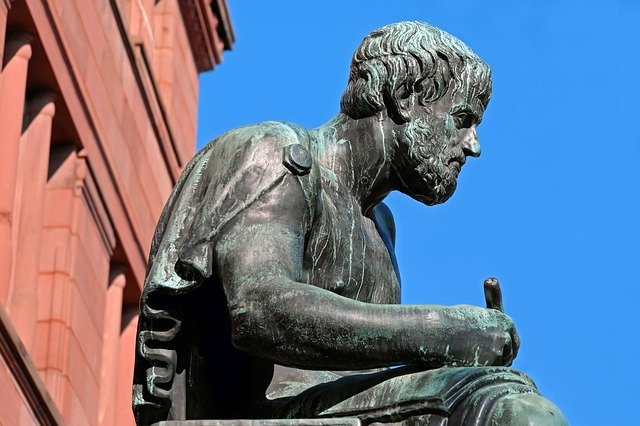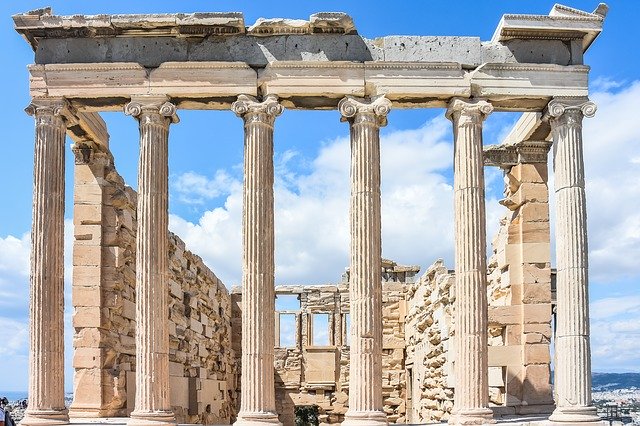Through theories and economic movements, the history of economics deals with the history of economic thought. In its emergence, economics was closely tied to religion. It was not until the 17th century that economics came to be considered an independent discipline.

Economics has long been part of philosophy. The creator of the name “economics” was the ancient Greek philosopher Xenophon. Plato, another Greek philosopher, dealt with economic aspects in his “Considerations”. He divided society into three classes: soldiers, workers, and philosophers, and proposed that the philosophers should rule. According to him, only the workers needed private property.
Aristotle, a student of Plato, also dealt with economic issues in his Politics, where he also distinguished between natural and unnatural property. Natural property leads to a good economy, while unnatural property only leads to an indiscriminate accumulation of wealth.
Political Economy
– Adam Smith – Scottish philosopher and economist born June 5, 1723. He studied at the University of Glasgow from 1737 to 1740 and at Oxford for seven years; he became a professor at Glasgow University in 1751 and published The Theory of Moral Purpose in 1759.

French socialism
[In the early 19th century, ideas that did not support capitalism were no longer acceptable. Socialism began, and its idea was to create an economic community. The nonsocialists did not intend to overthrow capitalism by force. In fact, they could make their own way in the economy, but they believed that this was because it was more attractive for workers to work for a particular community.
German School[50]
Unlike other countries where the influence of the historical school was not so great, history was highly respected and held to a high standard in Germany. There are considerable differences between the historical school and the classical school of political economy. Whereas the typical economist sought universal laws, economic phenomena were not so important to the historical school. On the contrary, they argued that economics evolves over time. The German historical school can be divided into three phases.
Old school with a long history
At this stage, historicism was much less represented than, for example, young historicism. Bruno Hildebrand, for example, belongs to the old school of history.
The younger school of historicism
Its most famous economist was Gustav von Schmoller, who refused to believe in the existence of general economic laws. He also never studied state economics, but the economics of institutions, and always tried to derive policy recommendations from the study of institutions.
The Youngest Historical School
The most famous representatives are Max Weber and Werner Sombart. Weber became famous for his work “The Protestant Ethic and the Spirit of Capitalism,” which included his theories on the origins of capitalism.
Sombart also sought the origins of capitalism in Judaism. Unlike Weber, the latter sought it in Calvinism. In his book “The Jews and the Modern World,”
he presents his own theory that Jews, scattered all over Europe and with a commercial sense, set up business ties with each other, which resulted in the spirit of capitalism.
.